#Outdoor School
Explore tagged Tumblr posts
Text

BOOK ANNOUNCEMENT! This is a project many of you have been following my progress on for the past 5 years. At last, it's a big beautiful book! HUGE thanks to Kateri Kosek for her wonderful writing, and everybody at Storey Publishing for making it possible. THE FOREST REVEALED: AN ILLUSTRATED YEAR, will be ready September 9th, but is available to preorder now through Hachette Book Group, Amazon and other book retailers.
#jada fitch#the forest revealed#book announcement#book#kids book#nature book#nature#naturalist#young naturalist#kid#kids#child#children#home school#wildlife#new england#maine#northeast#flora and fauna#plants and animals#plants#animals#nature lover#maine artist#Maine author#illustration#nature illustration#big book#outdoor school#nature observation
110 notes
·
View notes
Text

Education
“Schoolgirls sit in the girls' section of a school in Bamozai, near Gardez, Paktya Province, Afghanistan. The school has no building; classes are held outdoors in the shade of an orchard.” - via Wikimedia Commons
#education#school#teaching#wikipedia#wikipedia pictures#wikimedia commons#bamozai#paktya province#afghanistan#outdoor school#people#children#child education#childhood education#schooling
4 notes
·
View notes
Text
Outdoor School
@oceanfloorfires I don't want to derail a perfectly good snake post, so I will write a separate one to explain Outdoor School. I hope this doesn't end up being TOO many details.
I have no idea how widespread this phenomenon is across the usa or the world, but it is a long tradition here in Maryland. There is a camp facility owned by the 4H club that is used for OS for a couple of weeks in September and October. There are simple cabins with rows of bunks, a bath house, a cafeteria, and several larger buildings. The idea is to get kids in their last year of elementary school out into the woods from Monday to Friday one week in the fall.
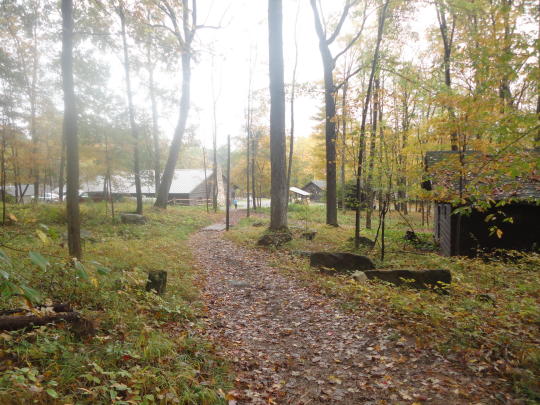
As a chaperone I was in charge of a cabin full of about 12 girls, half from our school and half from a different one. The girls I knew were pretty easy to handle, because I was a frequent volunteer in school and they knew me. The others - were a handful at times.
Parent chaperones did not have to attend any of the classes or activities, and in fact some of them had to scamper off to go to work. THAT must have been tough. I chose to go on all activities that had hikes, and a few of the classes.
The camp site is gorgeous. The weather is always surprisingly chilly, because it is one climate zone colder than home. The "classes" were absolutely terrible. They had to rely on volunteers to teach, and they got what they paid for. For example . . . no, I need to go take my medicine.
{pause for tranquilizers}
Ok, the one hike took them through the forest and also a gorgeous bog.
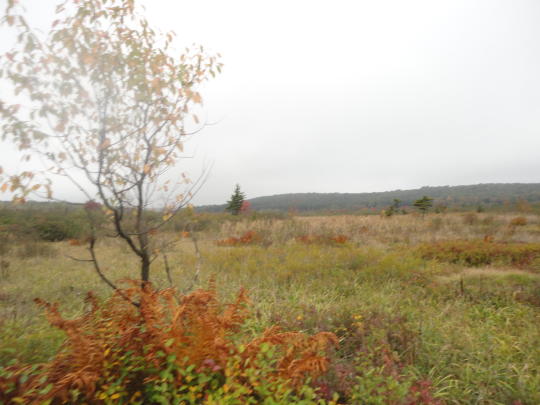
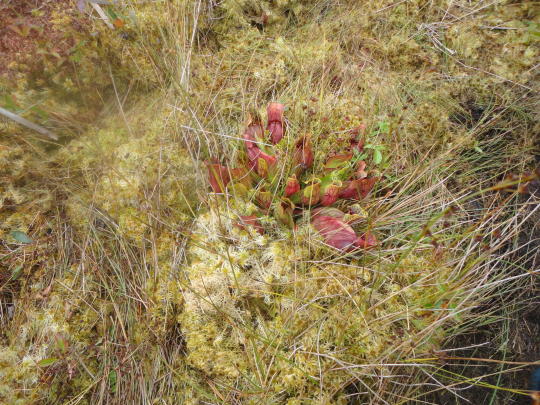
They paused in the forest to talk to the kids about the vegetation, and confidently told the children that. that. that a club moss (lycopodium) was a baby pine tree. *breaks down sobbing*
On another hike, a different instructor pointed dramatically at a small mountain laurel and told the kids it was a blueberry bush. The LOOK my daughter gave me. There was an actual lowbush blueberry right there. There was also a cranberry bush with one or two little cranberries on it. We had to point it out to the instructor, who said "Hunh. Maybe that IS a cranberry."
That aside. There were many good things. Showing up at the cafeteria three times a day to get a good meal that I didn't have to cook OR clean up was utterly splendid. I loved those cafeteria ladies. I hope they didn't find it unnerving that I beamed radiantly every time they handed me a tray of mediocre-but-nourishing food. One night we had movie night. They set up the projector and the screen in the middle of the cleared area. We were sitting in the dark, surrounded by an impressively large forest, watching a fun movie. Good times.

One dinner I tried sitting with the other chaperones instead of with my campers. It took me three days before I realized that chaperones were sitting separately. Oh, well. Someone came in and told the lady sitting across from me that "Lee" was outside having a meltdown. She rolled her eyes and started to get up reluctantly. "Um, would that be 'Lee' from [our school]?" I asked. Yes, it was.
"I'll handle this," I snapped, and Woman plunked back down. I did not punch her (but I wanted to). I went outside and found Lee sobbing like her heart would break. She was INTENSELY homesick. Neither of her parents could drive, and there was no other family member able to come (over an hour away from our town) get her. She had called home and begged to be picked up, but they couldn't. I held her and started Talking. How proud I was that she had made it Three Whole Days already. How strong she was! How proud she would be when - not if! - she made it to the last day. And didn't her older brother bail and go home when he did OS? My, wouldn't that be something, for her to succeed where Brother had failed. By the end of this she had subsided from sobbing to sniffling gently. She did indeed manage to complete the week. I told her and her chaperone that any further Issues should be directed to me, because I knew her and her family.
The last evening they gathered all the campers in the main building for skits (the less said, the better) and entertainment. The last thing was a spoooooooky story about the ghosts of the family that originally lived on the land when it was a farm and they still haunt the campground to this very day!!! The kids were scared silly (in a good way). We walked back through the dark (there were no outside lights anywhere) to our cabin. There were about four girls clinging to me, and the others were clumped very closely around. Campers going all different directions were hooting and yelling in the distant darkness.
Next morning the kids packed up, swept the cabin, and everybody went home. It was, overall, a good experience, give or take some late-night shenanigans. I was glad I did it. I missed the cafeteria ladies for weeks.
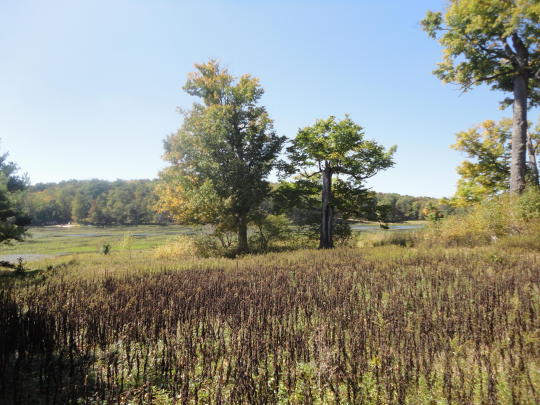
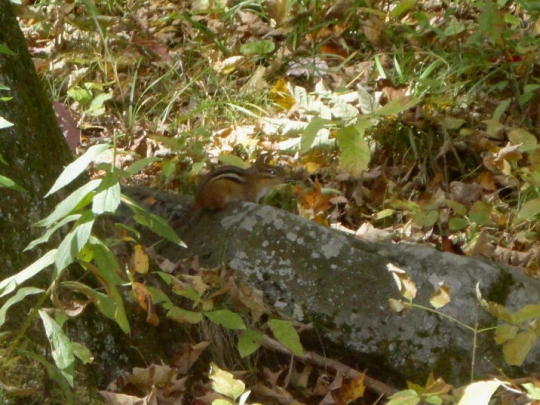
20 notes
·
View notes
Text
Ok but now I’m reminiscing about outdoor school. We went on nature hikes in the mud. Camp counselors would wake us up at 7 am by blasting rock music as loud as possible. You only got 5 minutes to shower. There was basically no cell phone service or Wi-Fi.
….ok I’m not making it sound super fun but it was!!! It was a week where u just learned abt nature and you could have chocolate milk every meal if you were fast enough, which for six grade year old me who always packed her lunch and never had that, it was a big deal. We went on night hikes. My mom gave me a disposable camera and I took a ton of pictures. We role played an ecosystem. Just all around a great time
#deer’s dialouges#outdoor school#I’m the type of person who loves to go camping and will sleep in a tent so I’m probably a bit biased#but i am really glad my school did that
7 notes
·
View notes
Text
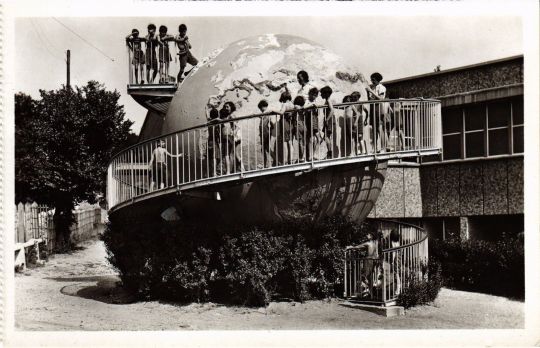
Geography lesson in the "Outdoor School" of Suresnes, western suburbs of Paris
French vintage postcard
#outdoor school#vintage#outdoor#tarjeta#briefkaart#lesson#postcard#geography#photography#postal#school#the of#carte postale#sepia#ephemera#historic#paris#french#ansichtskarte#postkarte#suburbs#western#suresnes#postkaart#photo
5 notes
·
View notes
Text

Jessica Wittner
Jessica Wittner, a lieutenant commander in the U.S. Navy, hails from California. A National Outdoor Leadership School alum, Wittner enjoys riding motorcycles and off-roading. https://go.nasa.gov/49CxwUN
Make sure to follow us on Tumblr for your regular dose of space!
#NASA#astronaut#NASA Yearbook#graduation#Class of 2024#space#Inspiration#California#National Outdoor Leadership School#off roading#STEM
3K notes
·
View notes
Text









valentine’s day at school ♡ㅤᵕ̈

⠀
#cherry 🍒#personal#did agere#age regression#age regressor#agere blog#agere autism#agere community#safe agere#agere toys#agere sfw#agere little#sfw agere#agere moodboard#agere#agere concept#agere comfort#agere in school#agere morning#agere mornings#agere outdoors#agere play#agere school#agere spaces#morning agere#school agere#springtime agere#y2k agere#age re safe space#age re blog
257 notes
·
View notes
Text

#camping#smores#snoopy#the great outdoors#aesthetic#vintage#style#old school cool#woodstock#peanuts#campfire
130 notes
·
View notes
Text

French School - Boarding School Friends (1837)
#kiss#sapphic art#wlw#kissing#women in art#outdoors#unknown artist#french school#1830s#19th century art#19th century#fine art#art history#art
57 notes
·
View notes
Text


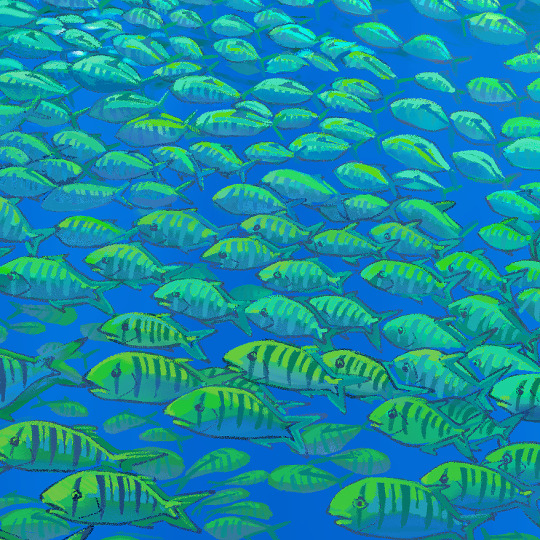
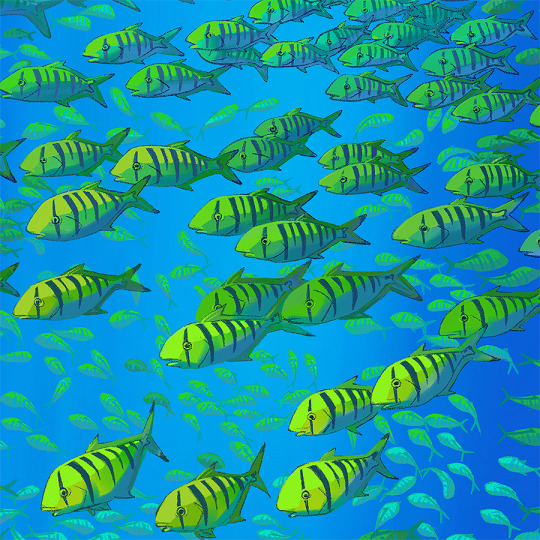

Fields of Fish
Prints | HD Wallpapers
#artists on tumblr#art#digital art#concept art#nature#painting#ocean#sea#whale shark#golden trevally#fish#schooling fish#shoaling#filter feeder#landscape#water#light#original art#diving#scuba diving#outdoors#swimming#allisonchinart
316 notes
·
View notes
Text

From @pradasbtw on X
#dark academia#light academia#cozy academia#academia aesthetic#booklover#books#academia#old school#outdoor market#outdoors#fall aesthetic#fall vibes
75 notes
·
View notes
Text
Thursday, September 5th°❀⋆.ೃ࿔*:・




sunrise, biology class, trip to a park, and the aftermath of my coffee accident :/
picked up my school books
3 hours of library work (sorted books, prep for monday, admin stuff etc.)
washed my backpack, wallet & pencil cases because i spilled coffee inside my bag :(
⤷working on my Shakespeare essay tonight!
#finn is studying#me and the library#studyblr#studying#studyspo#high school#high school senior#high school students#high school studyblr#do your homework#i have homework to do#study aesthetic#studyinspo#study blog#study motivation#study inspiration#study notes#studying inspo#studying inspiration#library#books & libraries#school libraries#school life#school librarian#senior year#coffee#spilled coffee#outdoors#sunrise#biology class
79 notes
·
View notes
Text








ᴇᴛᴏɴ ᴄᴏʟʟᴇɢᴇ ᴡᴀʟʟ ɢᴀᴍᴇ Photographs by Christopher Furlong, November 2007.
#chaotic academia#community#boarding school#eton#sports#football#soccer#guys#rugby#england#eton college#workout#culture#history#school#2000s#outdoors#games#light academia#student life#⚽️#eton wall game
47 notes
·
View notes
Text

#y’all liked the last one so much so#here is a snail version#we had these at my elementary school#y2k#2000s#nostalgia#kidcore#nostalgiacore#playground#kids toys#toys#outdoors#dreamcore#oddcore#low res#1990s#90s#elementary school#m
116 notes
·
View notes
Text

Pre-School Graduation Photo
(Unknown Date, 2008)
#2008#Blond#Blond Hair#Blue#Branches#Brown Eyes#Building#Childhood#Childhood Memory#Childhood Picture#Colors#Graduation#Graduation Cap#Grass#Green#My Childhood#Old Photo#Old Photography#Old Pic#Old Picture#Orange#Outdoors#Photo#Photography#Pic#Picture#School#Sky#Tree#Windows
73 notes
·
View notes
Note
On the topic of wheels, what do you think of Akon's giant cart? It was really funny to me that it only appears in two panels of the manga, but because of the nature of animation, they had to show him pushing that thing around for like 3 solid minutes. I'm a little disappointed they couldn't have come up with something to put in it, some writhing tentacles or something. Do you think the Squad 12ers ever push each other around in these things when it gets real late in the lab and they're feeling punchy? Has Rin ever napped in one?
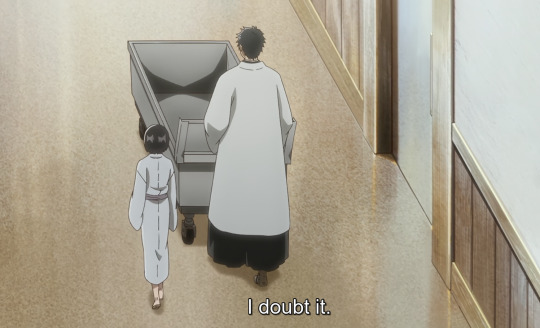
There probably aren't more wheels in Soul Society because they are simply too powerful. Plus, too many simple machines and the physics of the place becomes just a little *too* legible and other things start breaking down. It's a delicate trade-off, and there's a faction of the 12th that privately believes that although the headliner balance that always gets talked about in Soul Society is the souls (it being the eponymous balance, and the one most directly related to the present shinigami mandate), it's actually the wheels you need to watch out for. (It's worth noting that, yes, of course this 12th faction is related to the Train Guys underground, being that the train 1) has wheels, and 2) is a Very Important thing in Soul Society that almost no one else thinks about regularly.)
Indeed, the train and these carts share some phylogenetic relation, though of course it's quite distant. But not so distant that most shinigami in the 12th aren't careful about how they comport themselves around the carts, as rumor has it they sometimes exhibit a mind of their own and a few of them can be very persuasive. (It's not unusual to push an empty cart around for three whole minutes with seemingly not ask or destination in mind, just to diffuse some of the animacy of the damn thing. Akon usually tries not to take the carts for a walk without some other express purpose, for efficiency's sake, but Nemu's needs don't often align with efficiency's sake, so they walk. They talk. They push an empty cart nowhere.)
Rin's heard all the warnings. He is also friends with most of the cart-walking shinigami (who are usually not Akon, and tend to have fairly high turnover because sometimes they just *disappear* and it's never been proven whether they were called to volunteer for what is listed in the budget as "other experiments" or whether the carts took them for a walk), because he is generally pretty excited about the carts, given his interest in Little Guys:

[Bleach e134]
One day he hopped in one, and was suddenly overtaken by the feeling that he should nap in it, as in a rowboat headed for a waterfall (according to the cart, this was a good thing).
When he woke up, he wasn't anywhere he recognized, though the tracks in the dirt (and even the hard stone--grooves worn into it as though wheels had been tracing this place for a long, long time) suggest he was not the first to find himself there. It was cold, but surprisingly dry, with a brine to the air like a sea without water. As his eyes adjusted to the dark and the rest of his sensorium to the nature of the reishi here, he realized he was in some kind of cavern. It felt a little like the walls of the Seireitei, the seki-sekki they were made from. Perhaps that was what made this place, too.
Whether he was there for a few hours or a week or several years, he's not sure, but at some point he fell asleep again and when he woke, he was back in the lab. Based on the date on the calendar, it had in fact been months, but no one could remember missing him, or else were playing a very elaborate game where they pretended not to for the sake of the bit; and Rin can't begin to guess which was more likely, because that commitment to indeterminacy is the nature of the 12th. All his work was... done... He wasn't behind on anything. But that only meant either his colleagues had done his work for the sake of the bit (less unlikely than it sounds--if there's one thing that truly unites the Gotei, it's not duty to serve but duty to the bit), or he'd managed to be in two places, two states, at once. He'd been in the cart and not in the cart. Naturally.
After his return, a bulletin did go out, though. A revision to the guest rules, which outside visitors to the 12th would all now need to sign:
Don't touch anything.
#notably this bulletin did not actually say anything about how 12th members should behave#thank you for the ask! 💫#bleach wheels#bleach headcanons#shinigamiology#tsubokura rin#akon#asks#no brain just bleach#Cart Land is incidentally how i felt about the art building at my undergrad institution#i had a discussion section there once and the building is a strange twisty brutalist indoor/outdoor maze#and i could only ever find my discussion section if i didn't think about where i was going and rarely ended up getting there the same way#consecutive times#and that school *did* have secret underground tunnels#as a contrast to its surface which was specifically designed against large quads in the interest of having protest-hostile architecture#fun college facts! ️🌈
32 notes
·
View notes